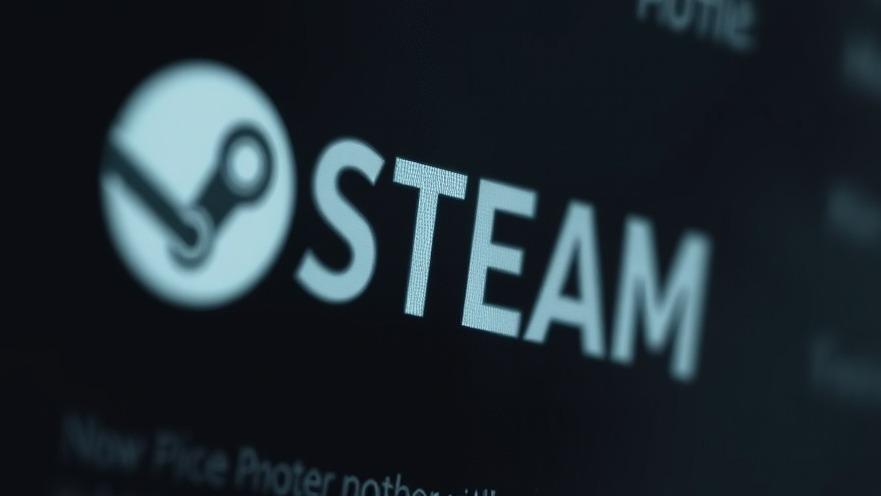
Steam Falls Victim to Malware: What Happened?
In an unsettling development for gamers, Valve recently pulled a free-to-play game called PirateFi from its Steam platform, revealing that it contained serious malware disguised as entertainment. Released on February 6, 2025, and available for less than a week, this survival adventure game allowed players to fish and explore, unaware that they were exposing themselves to malicious software.
How the Malware Went Undetected
The game quickly garnered attention—but not for the right reasons. Once players downloaded and launched PirateFi, their PCs became potential targets for a data-stealing malware known as Vidar. This sophisticated threat, often implicated in stealing personal information, likely infiltrated users’ accounts and compromised sensitive data. Despite Steam's generally robust security, this incident serves as a stark reminder that even trusted platforms can harbor threats.
The Scale of the Threat
According to early reports, about 1,500 users downloaded the game before Valve took action. This relatively small number, however, did little to mitigate concerns. Those affected reported alarming consequences: stolen game assets, unauthorized transactions, and account hijacking, leaving many users scrambling to reassess their digital defenses.
A Culture of Distrust
This isn't the first time gamers have faced malware threats on trusted platforms. The gaming community has long discussed incidents of breaches, including past vulnerabilities that allowed malware disguised as modifications or custom game modes to infiltrate systems. As such scenarios unfold, the culture of distrust grows—encouraging players to second-guess downloads that were once seen as harmless.
Steps to Protect Yourself After Playing PirateFi
If you installed PirateFi, it’s crucial to take immediate action. Valve’s response recommends performing a comprehensive antivirus scan, uninstalling any unfamiliar programs, and considering a complete operating system format to eliminate lingering threats. Enhanced sensitivity to unexpected prompts or new installations is vital moving forward, especially in the fluid environment of online gaming.
Users who were impacted should also change passwords across their accounts, enabling multi-factor authentication whenever possible. As we’ve learned from similar incidents, quick action can significantly decrease the risks presented by malware exposure.
The Future of Online Gaming Security
Looking ahead, it’s certainly valid to ponder whether the PirateFi incident represents the future of online game security or simply a blip in the ongoing battle against cyber threats. Will platforms like Steam ramp up their vulnerability assessments and quality checks to prevent similar occurrences? For digital nomads and gamers alike, staying informed about the security measures taken by platforms is imperative.
Final Thoughts on Digital Safety
As the gaming landscape evolves, so must our approach to online safety. One key takeaway from the PirateFi saga is the importance of vigilance, continual awareness, and adhering to best security practices when it comes to digital downloads. While the thrill of gaming remains a vital component of our lives, it’s crucial we prioritize our safety in an ever-changing virtual world.
 Add Row
Add Row  Add
Add 




Write A Comment